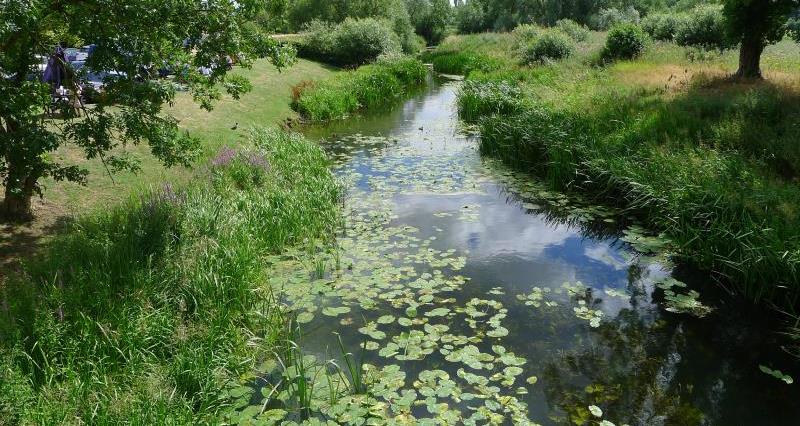Publication of the water abstraction plan is designed to demonstrate the ongoing commitment of Defra and the Environment Agency to delivering as much progress as possible on the way we manage water.
Defra had originally been working towards the introduction of primary legislation needed to implement wide-ranging abstraction reform. The plan has been published following recognition that a Water Bill will not be placed before parliament in the short term.
Defra’s approach set out in the plan has three main elements.
Firstly, Defra wants to make full use of existing regulatory powers and approaches to address unsustainable abstraction.
Secondly, it wants to develop a stronger catchment focus by bringing together the Environment Agency, abstractors and catchment groups to develop local solutions to existing pressures and to prepare for the future.
Thirdly, Defra intends to support reforms by “modernising the abstraction service”.
Paul Hammett, NFU water adviser, said that the NFU continues to support the idea of abstraction reform whilst seeking reassurances that the business upheaval caused by major rule changes will be kept to a minimum.
“Water availability is everybody’s problem and the abstraction plan’s focus on partnership working at local level is to be welcomed”, said Paul.
“The NFU will be keen to test the proposed catchment plan approach to establish whether it can deliver more water for food production”, he said.
Activity is due to begin in in 2018 in 10 pilot catchments. The first four catchments selected are:
- East Suffolk
- Medway, Kent
- Idle and Torne, primarily Nottinghamshire
- Lower Witham, Lincolnshire
The NFU is already involved in existing abstractor activity in all of these catchments.
As part of the plan, abstraction licensing will be transferred into the Environmental Permitting Regulations (EPR) alongside water quality, discharge consents, and so on. EPR proposals are described as being relatively longer term, but any switch will have a potentially significant impact on irrigators
The NFU will be keen to engage with regulators to understand how irrigation licences will be absorbed into EPR. What paperwork will be needed? Will any existing rights change? And how much will it cost, not least in the extent administration and charges.
Defra has promised further a consultation, possibly in 2019, on the introduction of EPR before it introduces secondary legislation to deliver it.
A major review of abstraction charges is also expected, but no date has been given for this.
You can read about the Defra water abstraction plan more here.
